News
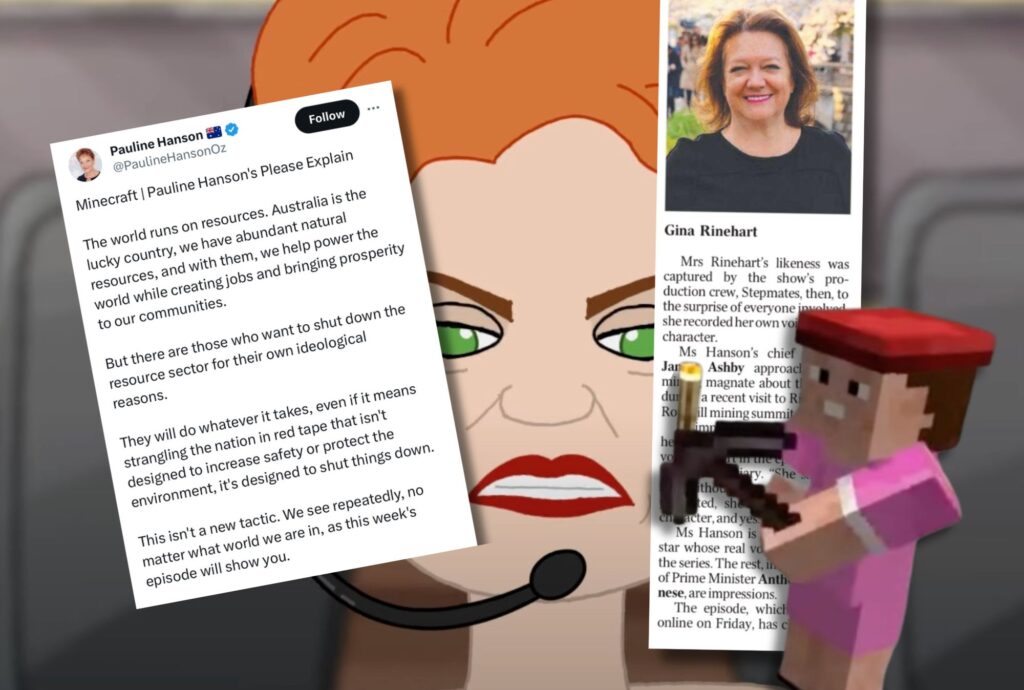
Please explain cameo
Australia’s richest person Gina Rinehart has made a cameo appearance on Pauline Hanson’s hit animation series, Please Explain. Mrs Rinehart’s likeness was captured by the show’s production crew, Stepmates, then, to the surprise of everyone involved, she recorded her own voice for the character. Ms Hanson’s chief of staff James Ashby approached the mining magnate about the show during a recent visit to Rinehart’s Roy Hill mining summit. “I simply asked that if she liked her character, would she consider voicing a part in the episode,” Mr Ashby told Diary. “She saw me and without even having to be prompted, she said ‘I love my character, and yes!’.”
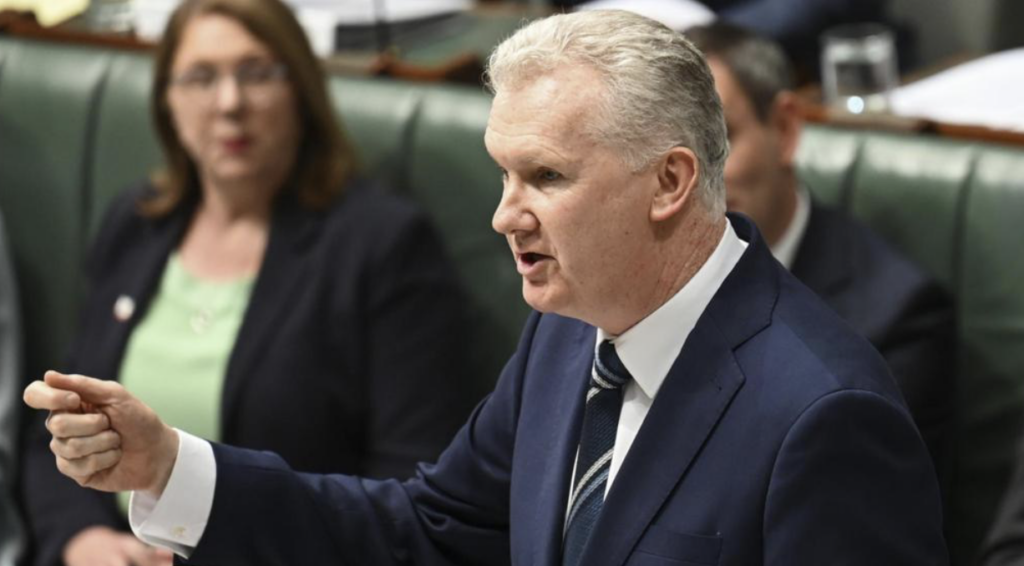
Mining groups reeling after surprise amendments widen industrial relations overhaul
Peak mining groups are reeling after the Albanese Government unveiled surprise amendments to expand its controversial shakeup of industrial relations laws. In changes which could have big implications for WA, Labor wants to extend the reach of its “same job, same pay” proposal to capture companies in joint ventures. The amendments to the Closing Loopholes Bill – introduced to Federal Parliament on Tuesday – came as a shock to mining groups which are now scrambling to understand what it means for the industry. Industry insiders fear the change would allow the Fair Work Commission to issue pay orders not just to a host company – but also their joint venture partner.

Minecraft | Pauline Hanson’s Please Explain
The world runs on resources. Australia is the lucky country, we have abundant natural resources, and with them, we help power the world while creating jobs and bringing prosperity to our communities. But there are those who want to shut down the resource sector for their own ideological reasons. They will do whatever it takes, even if it means strangling the nation in red tape that isn’t designed to increase safety or protect the environment, it’s designed to shut things down. This isn’t a new tactic. We see repeatedly, no matter what world we are in, as this week’s episode will show you.
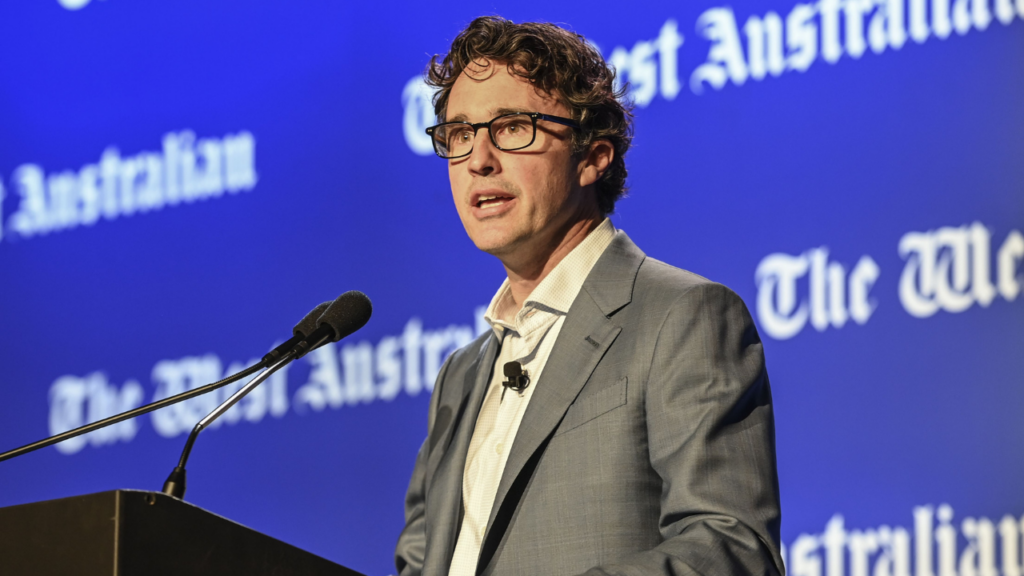
Rio slams IR laws as economic ‘handbrake
Rio Tinto’s iron ore boss Simon Trott has slammed Labor’s controversial industrial relations laws shake-up, arguing last-minute amendments have still left a raft of questions unanswered. The mining giant has joined Roy Hill and the Minerals Council of Australia in warning service contractors are still at risk of being captured, despite a deal to carve them out. “We have serious concerns about the Bill as it’s currently drafted,” Mr Trott said. “The amendments in no way exempt or simplify the use of service contractors, which the mining industry in this State relies upon.”

IR secrecy slammed
Employer groups have accused the Government of hiding from scrutiny with a plan to ram through dozens of changes to the controversial industrial relations laws this week. “These changes will affect every business and every worker, and rushing amendments without proper consultation will do nothing more than tinker at the edges of the 800 pages of legislation,” the statement says.“Unfortunately, we, Australia’s leading employer groups, believe the Government is unwilling to listen to any views which they do not agree with.”

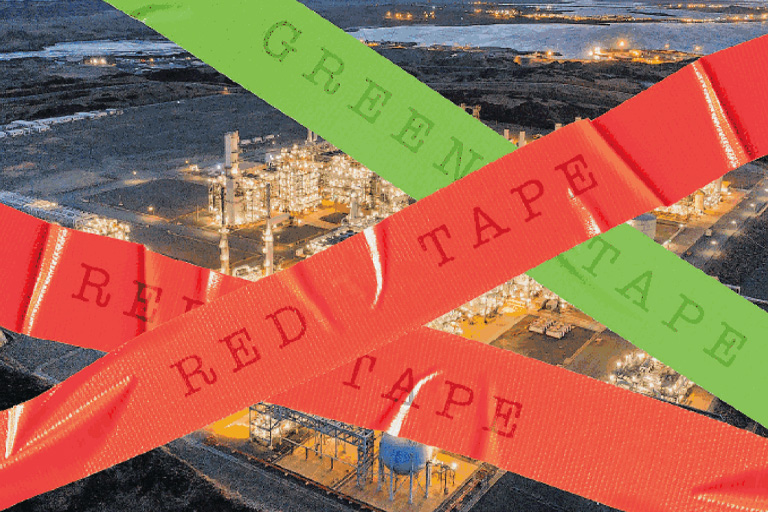
Projects regulated to death
As the minister overseeing the process, he has been unable to effect any real change in seven years, so there’s little confidence that change will happen quickly. According to the CCIWA, there are about $381 billion of investment projects in the pipeline that are yet to receive environmental approval that could create an estimated 106,000 jobs. Of those the CCIWA surveyed, 40 per cent were at risk of abandoning their project due to longer-than expected approval times. As outlined in the WA CCI’s Green Web report, businesses have described working with the State Environmental Protection Authority as “laborious and frustrating” with “ever-changing guidelines and shifting goal posts”. Currently, the normal expectation for a mine to come online is eight to 10 years, double traditional expectations of four to five years.
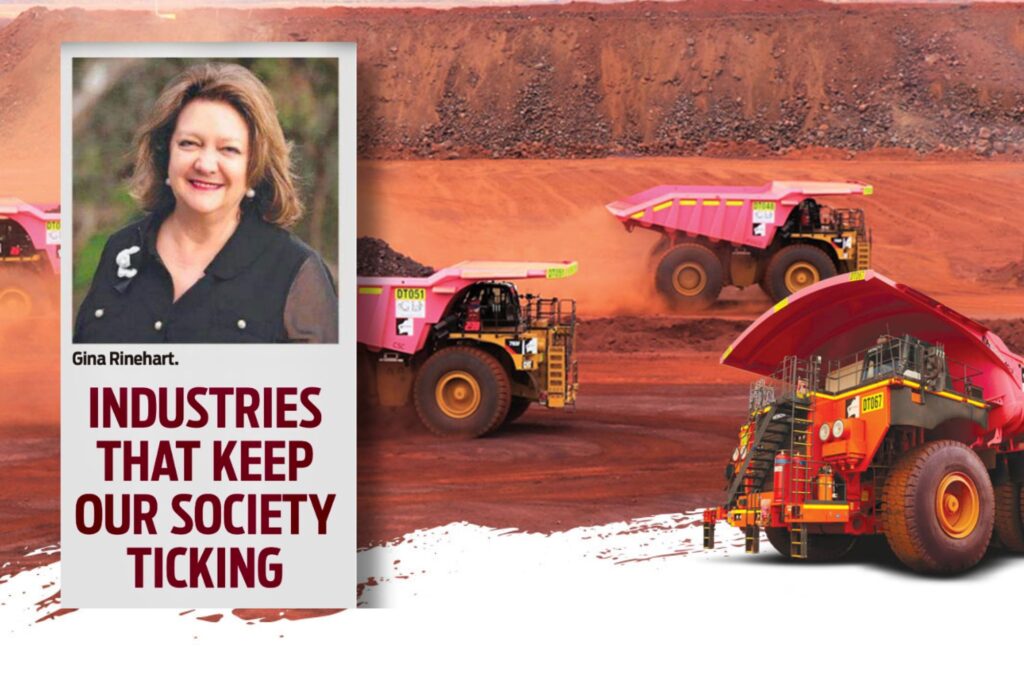
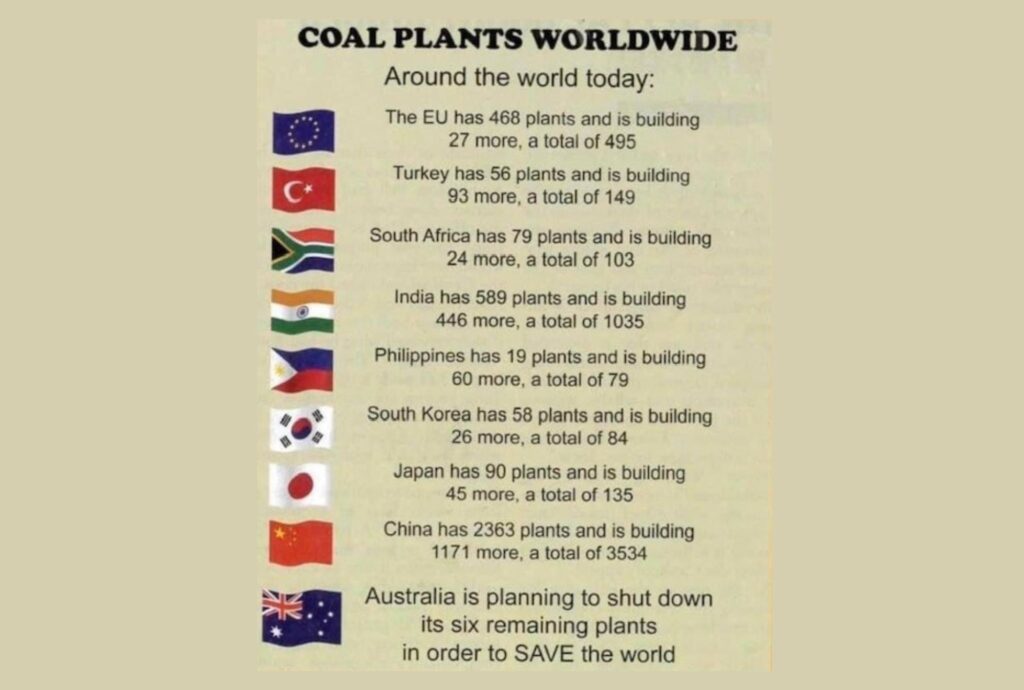
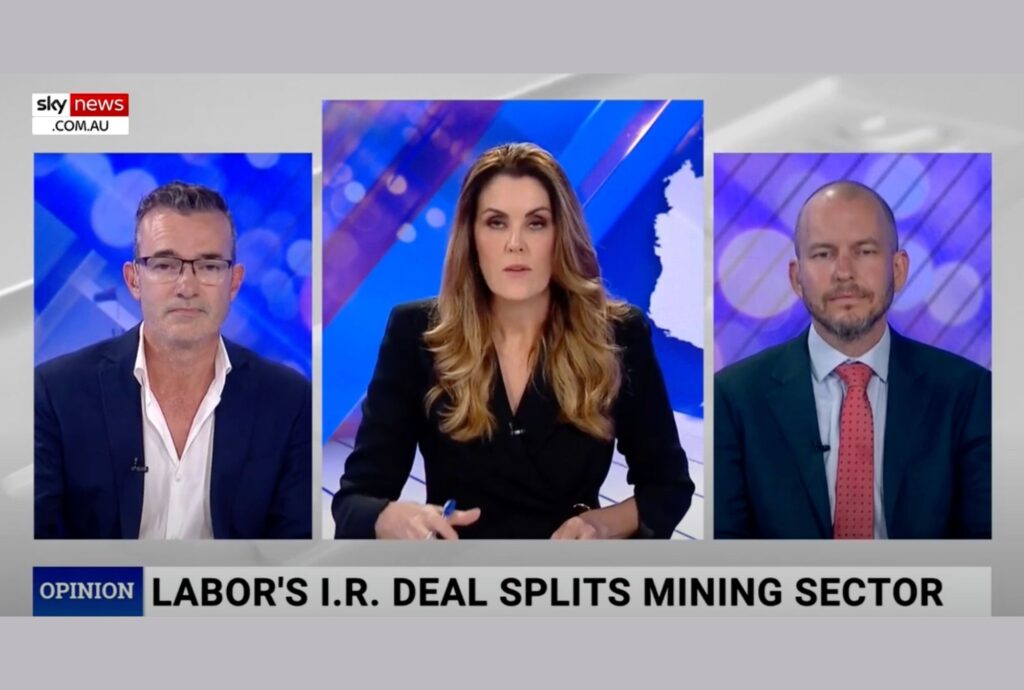
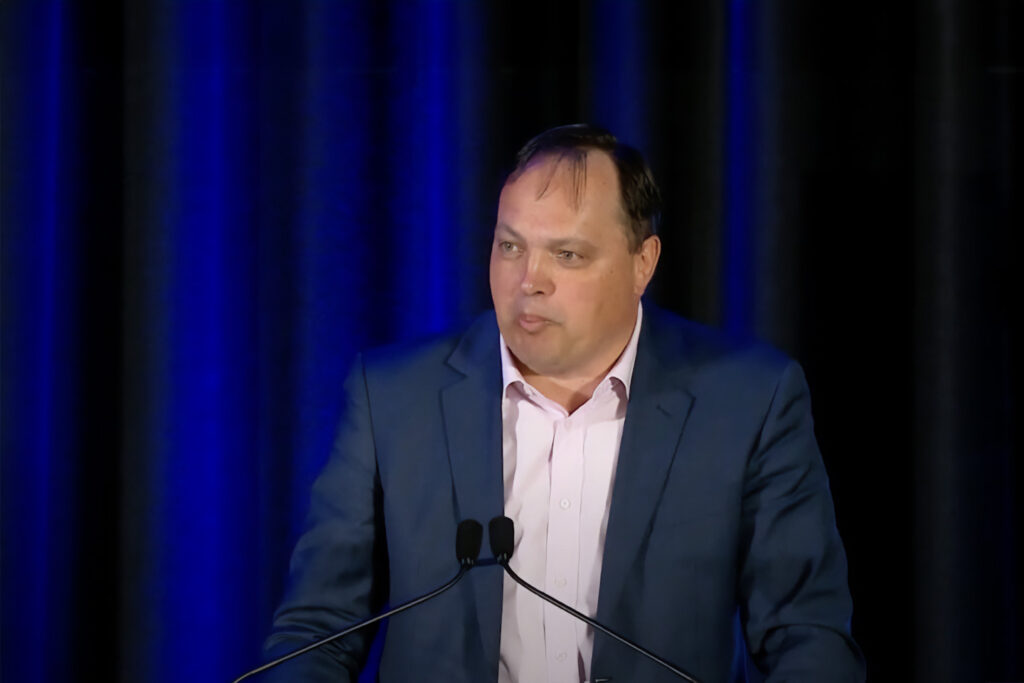
Miners dig in on ‘divisive’ IR deal
Labor’s industrial relations deal with resource sector employers has split the mining industry, with Gina Rinehart’s Hancock Prospecting opposing the agreement and the Minerals Council of Australia accusing a rival employer body of being a “soft target”. As the Senate crossbench renewed its bid to split the bill this year, employer groups representing big and small business criticised the Australian Resources and Energy Employer Association over the deal to exclude ¬service contractors from the industrial relations bill. Hancock Prospecting’s Roy Hill mining operation, which is a member of both AREEA and the Minerals Council of Australia, wrote to AREEA chief executive Steve Knott on Wednesday to express concern about the deal.
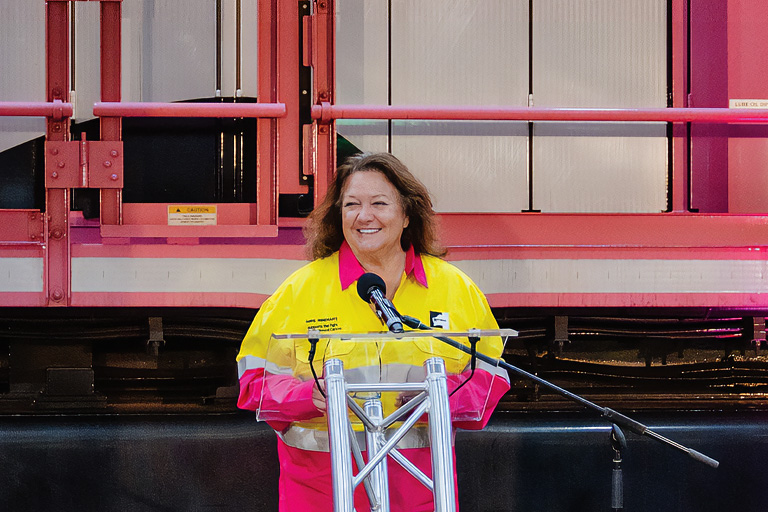
Gina’s Christmas wish
Australia’s richest person has called on the federal government to give the nation a “Christmas bonus” in the form of a petrol excise tax cut to deal with spiralling costs, as “woke agendas” threaten Aussie living standards. “Every few dollars counts for people in tough times,” Mrs Rinehart told The Daily Telegraph. “With the stroke of a pen, the government could deliver minor short-term relief to millions by cutting the petrol tax for households.